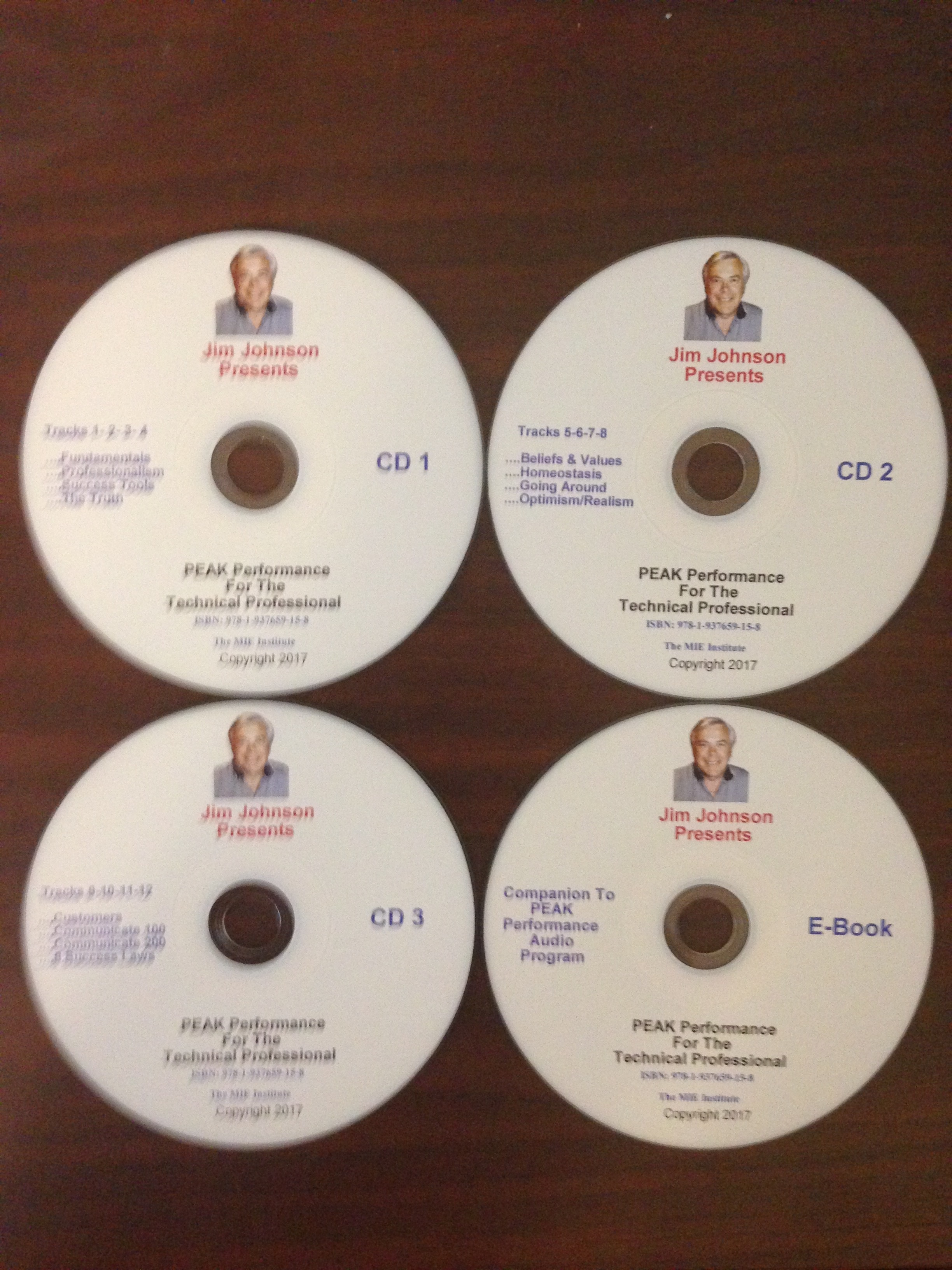The National Association of Manufacturers (NAM) recently hosted a briefing for congressional staff to educate policymakers on the transformative role of artificial intelligence (AI) in the manufacturing sector. The event featured a panel of AI experts from leading manufacturers and highlighted the ways in which AI-driven innovations are accelerating research, enhancing safety, and augmenting human labor on the shop floor.
Generative AI tools like ChatGPT and Midjourney have dominated headlines, but the NAM briefing underscored the profound impact of AI applications like digital twins, computer vision, and robotics on modern manufacturing. These technologies are enabling breakthroughs in record time, with pharmaceutical companies leveraging AI to develop lifesaving drugs and automakers using it to optimize vehicle components.
AI is also bolstering safety in manufacturing environments. By preventing accidental collisions and enhancing data-driven equipment like robotic exoskeletons, AI helps minimize risks and protect workers. Additionally, AI-powered monitoring of product performance is reducing maintenance costs and averting dangerous malfunctions.
While some fear job displacement, the panel emphasized that manufacturers often deploy AI to complement and augment human capabilities. Human operators remain integral to decision-making and oversight, but AI enhances process reliability, product quality, and safety while prioritizing the human experience.
Looking ahead, the NAM and its member companies urged Congress to support AI-driven growth in manufacturing. Recommendations included modernizing compliance for small manufacturers, ensuring a risk-based regulatory environment that fosters U.S. leadership in AI, and creating initiatives to train workers in AI-related skills.
"The future of manufacturing is inseparable from the future of AI," said NAM Senior Director of Technology Policy Franck Journoud. "It is crucial that policymakers hear directly from manufacturers leading the development and adoption of this transformative technology. The NAM is thankful to have had an opportunity to share this world-class expertise, and we are committed to working with Congress to ensure the U.S. remains a global leader in AI innovation."









